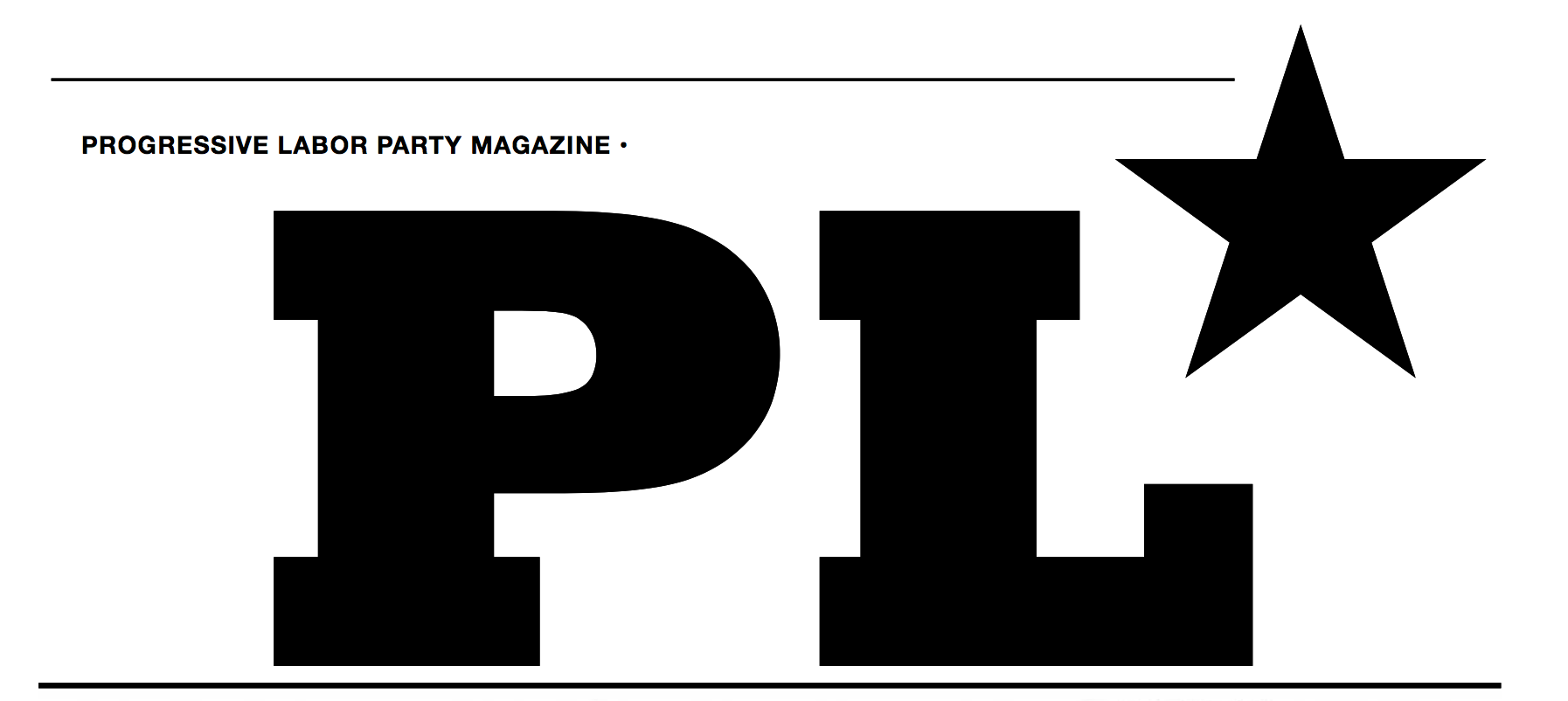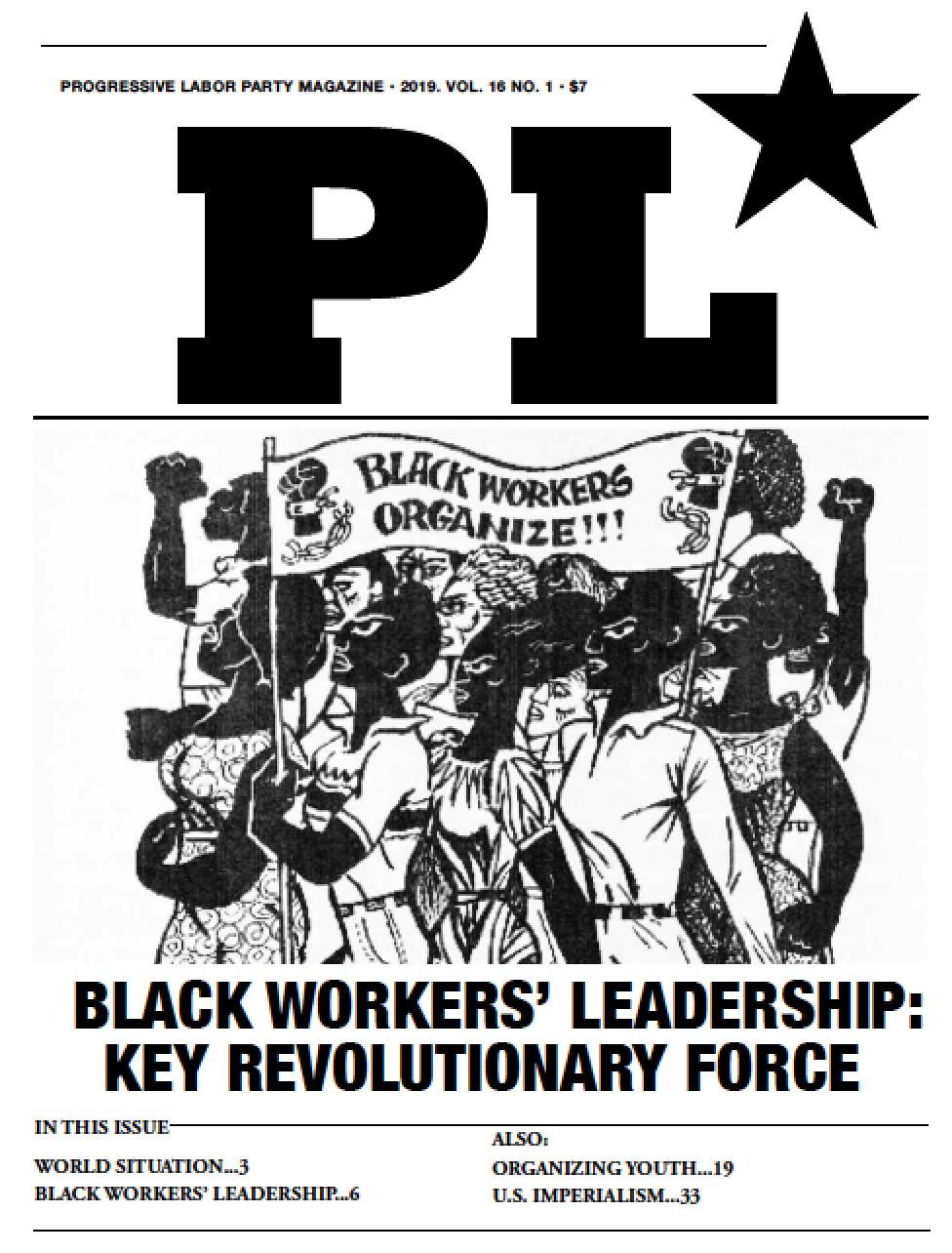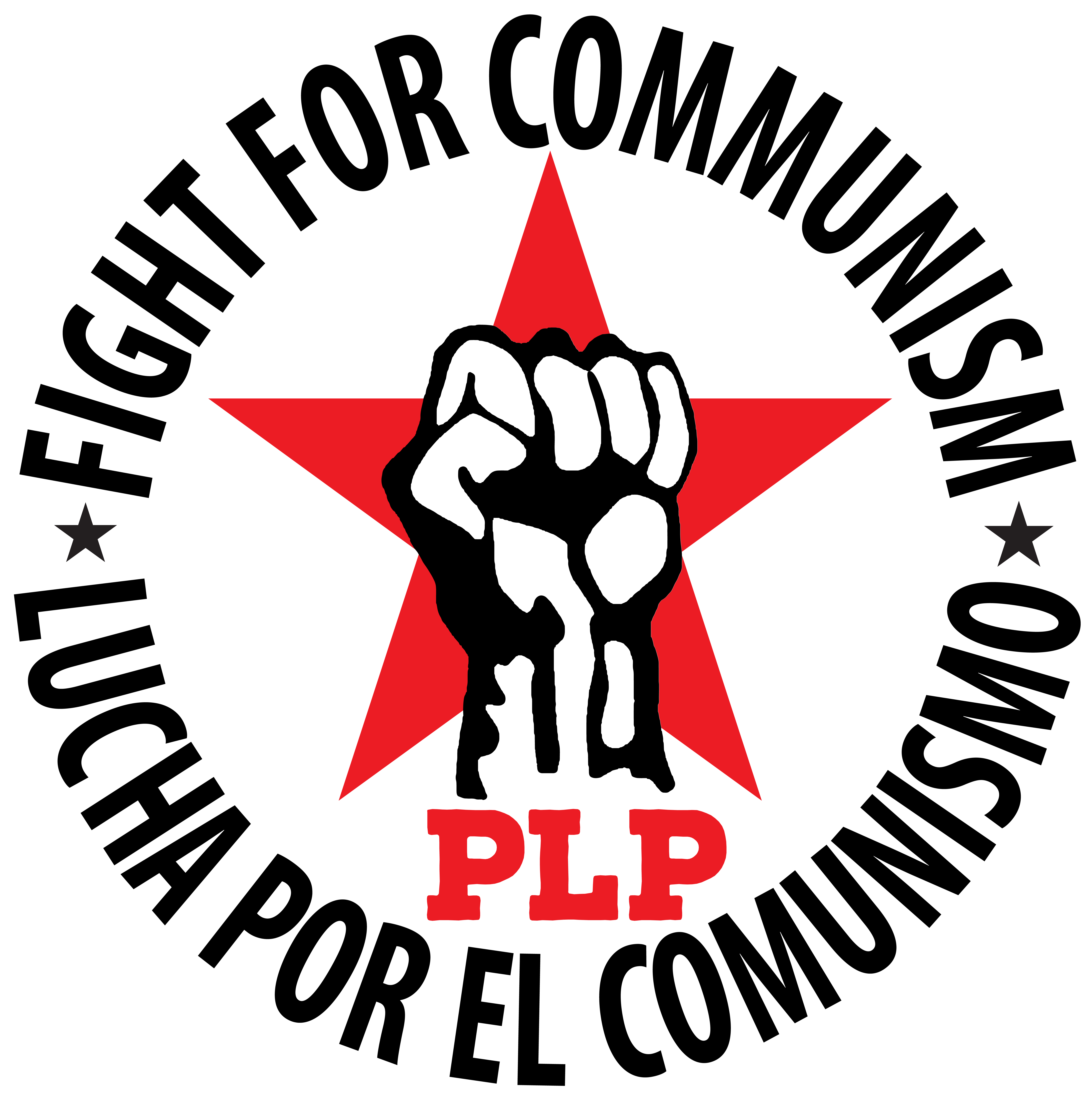Cesar Chavez, Capitalist Agent
 Saturday, April 26, 2014 at 7:19AM
Saturday, April 26, 2014 at 7:19AM Los Angeles — The new film Cesar Chavez is a distorted testament to one of the best friends the agribusiness bosses ever had. Like virtually all movies made under capitalism about class struggle, the movie mangles history. It celebrates the life of a self-serving individual whose legend was created by the ruling class he served. It mostly overlooks the collective contributions of thousands of honest and courageous farmworkers in the militant labor reform fights in California and Texas in the 1960s and ‘70s. And it is a reminder that communists have an obligation to the working class to call out sellout misleaders like Chavez!
Almost a dozen workers from my clinic went to see a prescreening of the film. The event was sponsored by the organization we work for, a “not-for-profit” that collects huge revenues from sales of pharmaceuticals and by intimidating workers attempting to unionize. In a marketing move to make inroads in the Latino community, the company invited Hilda Solis, Barack Obama’s Secretary of Labor, as the keynote speaker. Solis emphasized her connection to Delores Huerta, who co-founded the United Farm Workers (UFW) with Chavez, and the reactionary Latino nationalist movement. But she somehow never once mentioned the word “union.” Nor did she acknowledge her complicity with the Obama administration’s record-breaking, racist deportations of more than two million undocumented workers, the overwhelming majority of them Latino and Filipino.
Pacifist Thugs
The rulers’ admiration for Cesar Chavez shouldn’t be surprising. Like his hero, Mahatma Gandhi, he subscribed to pacifism when it came to confronting the bosses. But in dealing with workers whom Chavez thought might undermine his power, the UFW routinely resorted to coercion and violence. The union actively collaborated in the expulsion of undocumented workers: “One of [Chavez’s] strategies during the lettuce strike was causing deportations: he would alert the immigration authorities to the presence of undocumented workers and get them sent back to Mexico” (“The Madness of Cesar Chavez,” The Atlantic, July 2011).
Epifanio Camacho, a farmworker and later a communist who joined and developed as a leader of Progressive Labor Party, was one of the early leaders of the group that became the UFW. Many undocumented workers, Camacho said, had “hope of finding protection in the union in exchange for their participation in the long struggle.” But from early on, these workers were barred from union membership. They were confronted with a huge sign over the hiring hall that read, “No workers without legal residence papers in the United States may work where there are (UFW) contracts.”
But that was just the beginning, Camacho said, of a ferocious campaign that Chavez waged against undocumented workers. The union established an “Illegals Campaign, a central piece of strategy which saw the UFW direct members to report the presence of undocumented immigrants in the fields and turn them in to the Immigration and Naturalization Service” (Latin Times, 3/28/2014). By 1973, Chavez had established a “wet line” near Yuma, Arizona. His cousin, the notoriously corrupt Manuel Chavez, directed three hundred UFW thugs in assisting federal agents and stopping anyone trying to cross the Mexican border into the U.S. without papers. Dozens of immigrants were brutally beaten. According to one ex-UFW organizer, three men from Queretaro got caught by Manuel’s vigilantes and were never seen again (Village Voice, 8/21/84).
Chavez, Bosses’ Agent
Throughout the movie there were shouts of “Huelga!” (Strike!). But like the UFW itself, the film diverts its attention from class struggle and picket lines in the fields — at the point of production, where workers’ real power lies — to mostly futile boycotts that relied on the support of Chavez’s liberal capitalist patrons. It highlights Chavez’s trip to France to boycott a wine producer, showing scenes of frustrated bosses. This builds the capitalist illusion that one lonely, exceptional man can shepherd the masses and change their lives.
Michael Pena, the actor who portrays Chavez, persuasively conveys the supposed saint-like figure — especially during his famed hunger strike. Still, one young healthcare worker said that Chavez “really didn’t know what the workers were going through on the picket line because he wasn’t a worker,” and that “his hunger strike was selfish and all about him.” While Chavez worked in the fields as a teen, as a young man he was groomed to become an “organizer” by the anti-communist Saul Alinsky and his Industrial Areas Foundation. Alinsky had a long history of channeling workers’ anger into electoral politics and pulling them away from challenging capitalism. (He also mentored Barack and Michelle Obama.)
The movie culminates with Chavez and the bosses shaking hands as the workers won the right to collectively organize and formed the UFW. Shortly thereafter, Chavez dedicated himself and his Latino following to Robert Kennedy’s 1968 presidential campaign. Liberal unions and many community-based organization still use the same tactics to mislead workers and build class collaboration with the capitalist rulers, a hallmark of fascism. Chavez’s legend was cemented by a two-part 1969 profile in The New Yorker, and later a full-scale biography, by Peter Matthiessen, who’d been recruited into the Central Intelligence Agency by a professor at Yale.
Fighting Fear and Cynicism
Most of my co-workers seemed to like the movie overall, and in particular the way it showed the growers’ racism. In the early scenes, as “strike” and “union” blared across the screen, many snickered because they knew I was trying to unionize healthcare providers and that our company was actively trying to halt the process by disciplining me and other providers. They recognized the company’s hypocrisy right away. There was one decent scene in the movie that described the farmworkers’ fear of losing their jobs and how they overcame it. Many healthcare workers share the same fear and have been reluctant to join the unionizing struggle here.
While the young worker said, “I’m not scared and I’m down to try and fight back,” she acknowledged the fear of others. She has read CHALLENGE and helped me with this article. Another young worker said he was reluctant to join our union campaign — not out of fear, but because he thought the UFW was an example of how unions in general have sold out to the bosses. While I agreed with him, I also tried to make the point that a union struggle could expose these contradictions and offered a different solution: the PLP and the fight for communism.
Both of these workers have been invited to our annual May Day Dinner. Although worker cynicism and misleaders abound, what we do matters, especially in the bosses’ unions, their community organizations, and on the job. We must use mass organizations to build the Party and turn cynicism into class-consciousness. In this difficult period, growing the Party by ones and twos will make all the difference down the road to revolution.





 Progressive Labor Party (PLP) fights to destroy capitalism and the dictatorship of the capitalist class. We organize workers, soldiers and youth into a revolutionary movement for communism.
Progressive Labor Party (PLP) fights to destroy capitalism and the dictatorship of the capitalist class. We organize workers, soldiers and youth into a revolutionary movement for communism.




Reader Comments